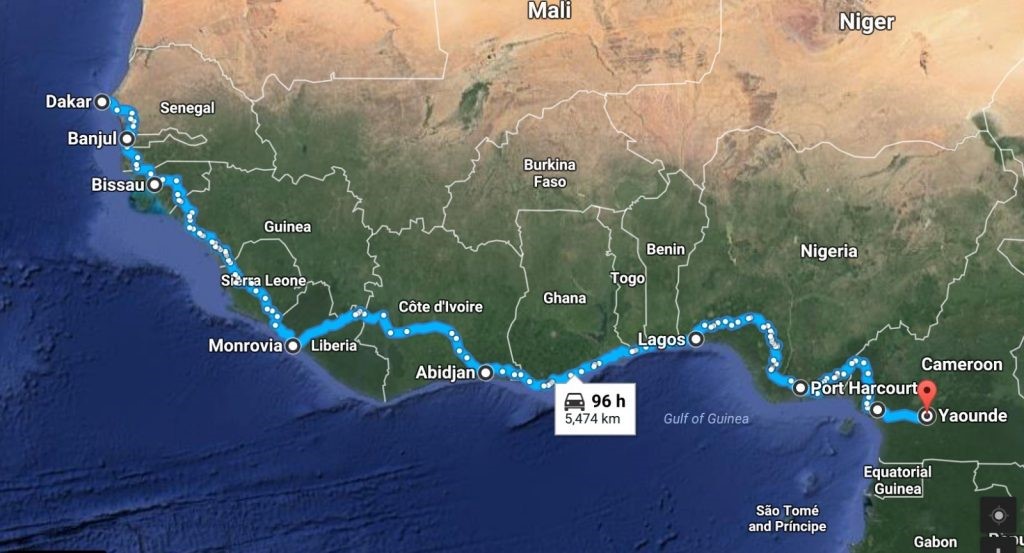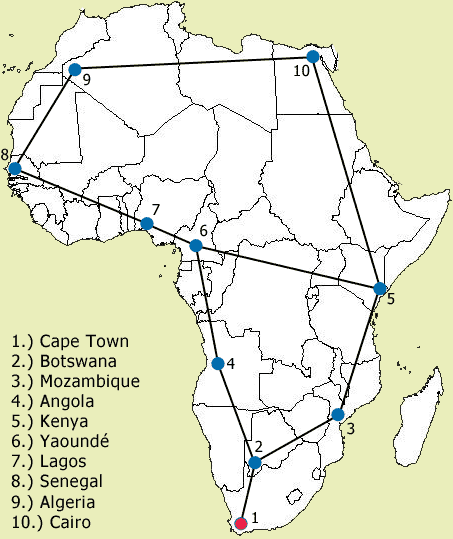FUTURE PROJECTS
Rail network construction has turned out to be one of the most expensive projects of infrastructure. First in the amount of land space acquisition, the geographical and geotechnical phenomenon of the layout, planning and design is complex in nature, especially in view of the nature and configuration of the landscape involving tunnels and bridges.

The costs of building and operating a rail system varies widely, depending on many economic bus transfer loops are not part of this projects, such components will be left at the discretion of individual states. It is noted that Nigerians like most other Africans are skeptical of their government activities, they are rightly suspicious of any large project proposals of this magnitude based on past history of the inconsistencies of commitment and accountability. AAAPI will ensure that this history does not repeat itself by operating a classified structure of planning, organization and implementation strategy.
Estimates of building costs can be drawn from news reports by Railway Gazette website – with the Asian Development Bank such as in Afghanistan where a 75km rail project costs $2.26m per kilometer.
Libya’s 554miles double track railway project costs $2.8 billion averaging $5m per km and another component project of 172 km of railway costs Libya $805m on the Tripoli — Ras Edjer line amounting to $4.7 per km are good estimates to measure the 4,369km Dakar to Yaoundé track summed to a total of $19.7bn at approximately ($4.5m) per km which can proportionately be shared by all the 12 coastal countries of the west African coast representing the running distance connecting their individual land territories. This will ultimately compliment the funding by the main sponsors that are being explored to finance the project. .AAAPI will explore additional sources that will enhance visibility of achieving a successful completion of the project. The project is focused on three major areas; transportation, energy and focus on Nigeria Iron and Steel Industry.

Expansion of the transportation industry is one of the most neglected area of advancement in Africa hence the continent languishes in poor trade, and commerce and underutilization of the abundant natural resources. AAAPI is proposing a high speed train system to haul people and goods across the length and breadth of West Africa. Since the rail system will depend on efficient supply of electricity, the project will pair in construction with the installation of a sustainable energy and power system. When the project starts it is intended to put millions of able bodied young Africans to work creating a massive job opportunity across the region.

